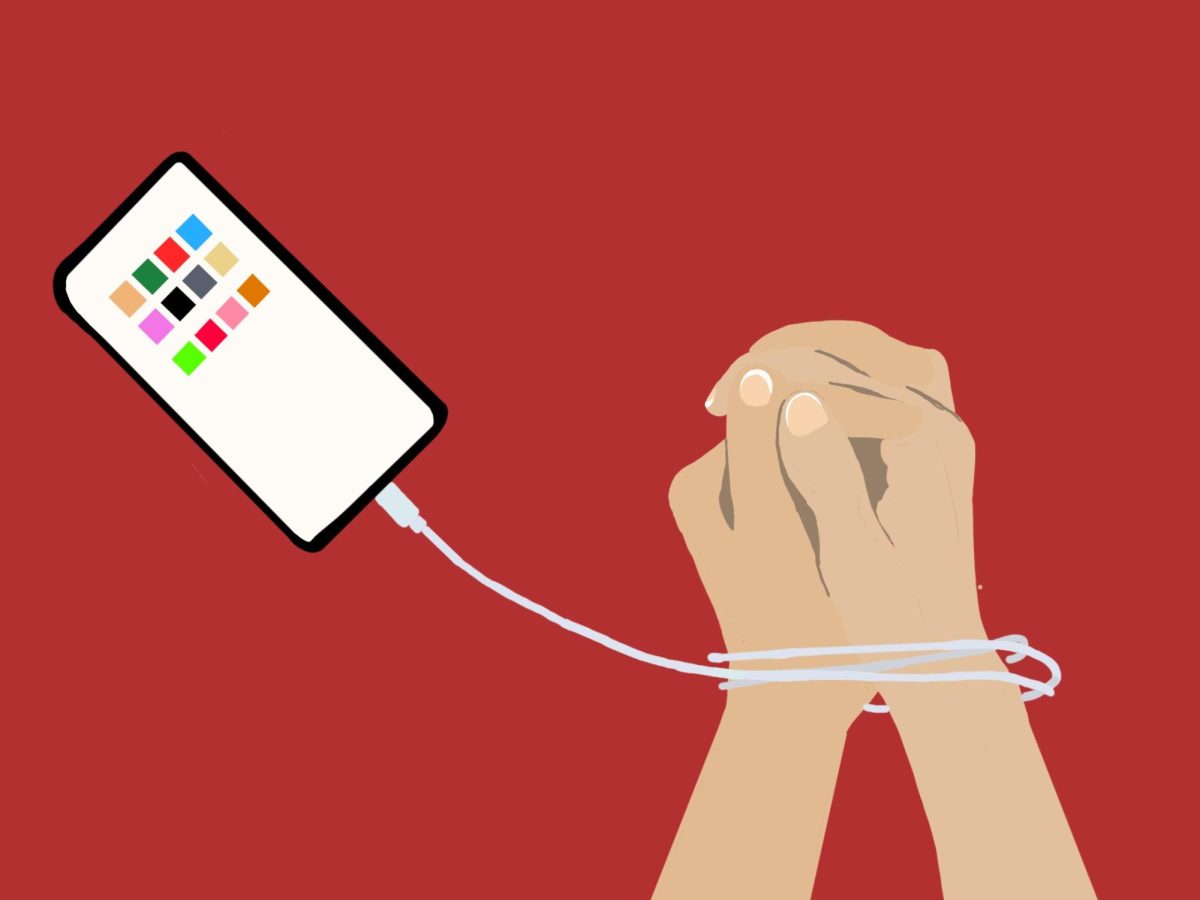The days of being real are over.
In 2023, social media is more popular than it has ever been for both positive and negative reasons. Though social platforms have increased, they have come to affect users detrimentally, having altered our social development in ways that had not been seen as an issue before consumers became so “locked in” to cell phones.
With the constant need for approval, social media users cannot seem to refresh their feeds fast enough to see the new trending topic to join in on. This may seem harmless, but what this turns into is people no longer being themselves; they would rather change their way of thinking to be seen as what is “in.”
Not only is social media taking a toll on what a person thinks of themselves, but it is also a detriment to their mental health.
Social media and Generation Z have simultaneously grown together in this world, with the younger users only knowing life through their phone screens. In a post from the Annie E. Casey Foundation, nearly two in three adolescents are often exposed to hate-based content on social media. Teenage girls and people in the LGBTQ+ community are also more likely to experience cyberbullying, leading to more negative mental health amongst social media users.
It would be OK if users who suffered from social media addiction handled their mental health in a positive manner. However, what has happened is that people, specifically those closely tied to social media, have taken their one-sided approach to social media and applied it to themselves.
According to a article on LinkedIn, people no longer know how to treat people due to the increase of online media and phones in general. The author claims that “the rise of social media has amplified existing narcissistic tendencies in the workplace,” pointing out the toxicity social platforms bring and their effect on those in working environments. People are used to controlling their own lives through a screen, and its users have taken that to the next level as they have forgotten how to actually treat people.
Christine Porath from the Harvard Business Review conducted a study of over 2,000 people from more than 25 industries across the globe. Porath found that 78% of respondents experience incivility at least once a month, while 78% witness incivility at work once a month. Porath adds that 78% of people believe that bad behavior from customers toward employees is more common than it was five years ago, as well as 66% believe that bad behavior from customers to other customers is more common than it was five years ago.
In a world where people are more isolated than ever, the increase in social media has caused its users to forget how to interact with others. It is hard to navigate this issue with a set answer, more so when social media continues to grow as the years go by. If users of social media platforms do not go back to treating people with respect, our world will continue to be more divided than ever.









